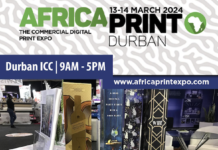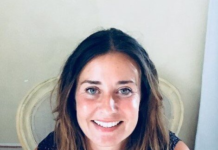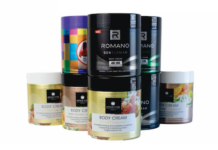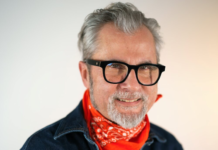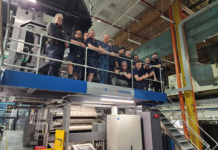Holmen Iggesund has announced a packaging prototype: a completely wood-based formable premium packaging solution that illustrates how three-dimensional products that are usually made from plastics, such as cups and trays, can be made from sustainable materials.
The prototype Conic will enable brands to reach their sustainability targets while maintaining their premium position. Developed by Holmen Iggesund through collaboration with partner organisations, the new solution uses an emerging technology to replace plastics with natural materials for formable products.
‘Formables is quite a new direction for Holmen Iggesund,’ said Hein van den Reek, Director of Formables, Holmen Iggesund. ‘But we are looking at the needs of the future and of customers.’
The initial prototype has been developed for the cosmetics industry. It consists of a conical shaped refill that could be used for creams or liquid soaps and a transparent holder. The pots look like they are made from plastic and the holder looks like glass. But they are all made from wood fibres. The outer box is made from Holmen Iggesund’s Invercote paperboard.
Van den Reek explained that the product is not shelf ready and requires further development. But, he added, it is also a concept to show what collaboration can achieve. One of the essential collaborators is The Loop Factory, an innovation start-up that has developed the dry moulding technology that creates formables from Holmen Iggesund’s wood fibres.
The other key collaborator in the project is Grow, a brand development consultancy whose Future Packaging Lab work with the engineers at Loop to create commercial applications with the technology.
Van den Reek added that the collaborative approach shortens the time needed for new products to go to market. ‘It is through co-learning and cooperating that you make the material, machine, design and brand work together,’ he said. ‘If you work through the value chain, you can come up with products that people need and that are sustainable. We know how to treat them in the afterlife.’
The next stages in the development of the technology will include an industrial demonstration and the further creation of an ecosystem of partners to be able to scale and bring it to the market.
HOLMEN IGGESUND
https://www.iggesund.com/






